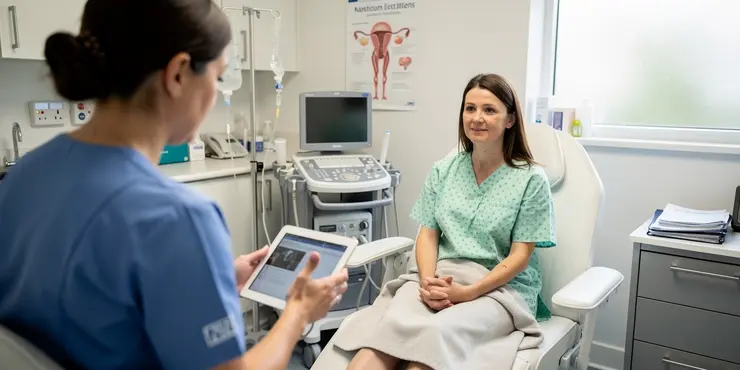
Find Help
More Items From Ergsy search
-
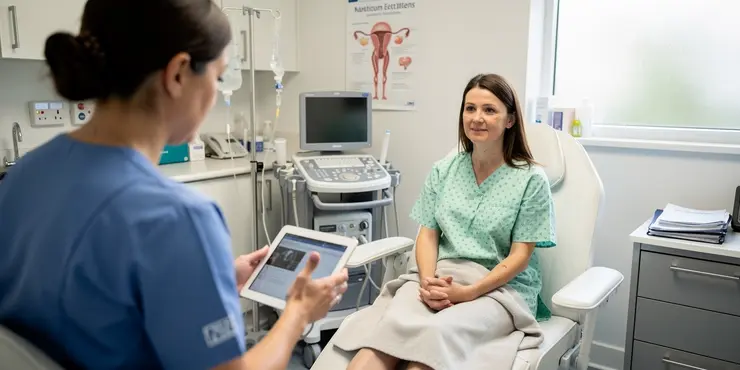
What is egg retrieval?
Relevance: 100%
-
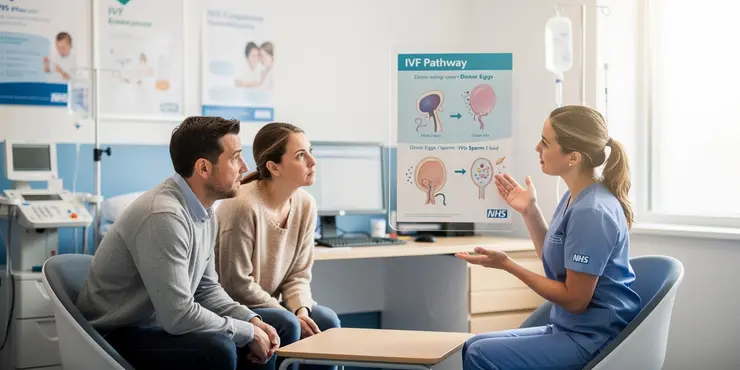
Can IVF be done with donor eggs or sperm?
Relevance: 65%
-
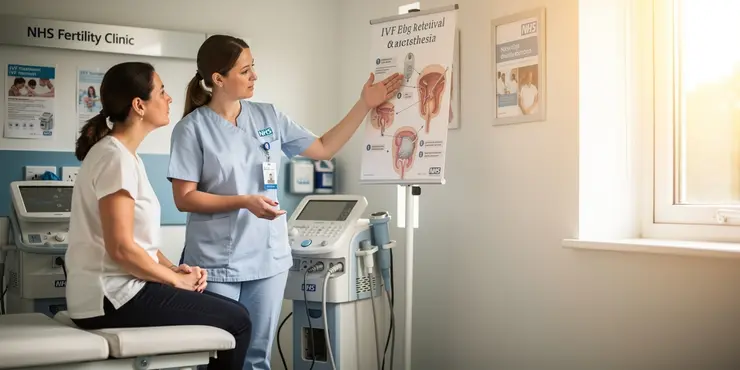
Does IVF require anesthesia?
Relevance: 50%
-
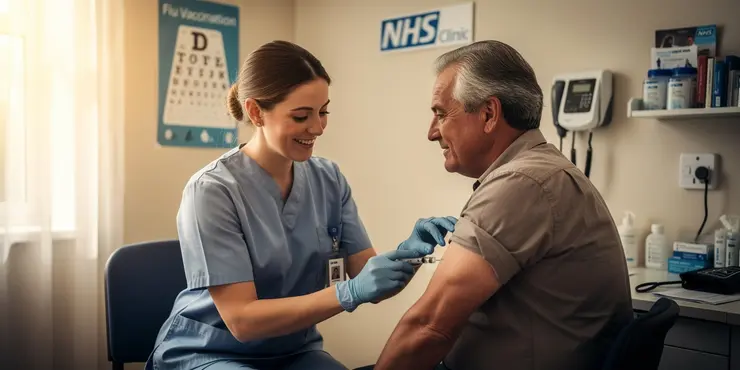
What if I have an egg allergy, can I still get the flu vaccine?
Relevance: 47%
-

How long does an IVF cycle take?
Relevance: 46%
-

What are the main steps in an IVF cycle?
Relevance: 45%
-

What is IVF and how does it work?
Relevance: 44%
-

How does IVF work?
Relevance: 42%
-

What should I expect during IVF treatment?
Relevance: 41%
-

How is the sperm used in IVF?
Relevance: 35%
-
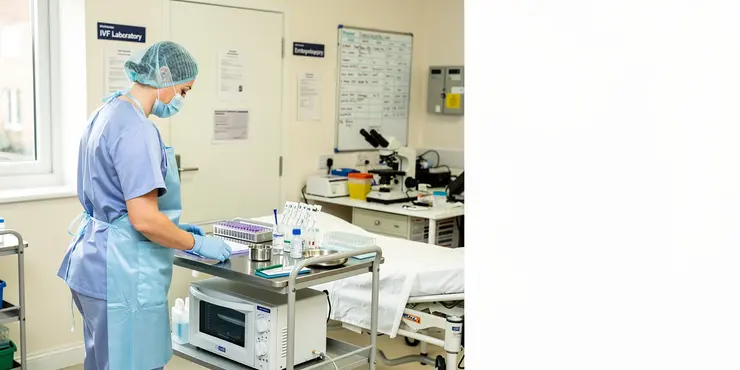
What is the role of the embryologist in IVF?
Relevance: 34%
-

Are there risks associated with IVF?
Relevance: 32%
-

Infertility - IVF Treatment and Patient Information
Relevance: 30%
-

IVF Fertility Treatment from MumsNet
Relevance: 30%
-

What is IVF?
Relevance: 29%
-

What should I do if I lost my receipt number?
Relevance: 25%
-

How are embryos transferred during IVF?
Relevance: 22%
-

Who might need IVF?
Relevance: 21%
-

How do screw worms reproduce?
Relevance: 20%
-

Is IVF successful?
Relevance: 19%
-

How can I tell if homemade baby food is safe?
Relevance: 15%
-

Can nits hatch into lice?
Relevance: 15%
-

Does IVF guarantee pregnancy?
Relevance: 14%
-

How long does it take for nits to hatch?
Relevance: 14%
-

What are the reasons for female infertility?
Relevance: 14%
-

How do screw worms infest their hosts?
Relevance: 14%
-

What are head lice?
Relevance: 14%
-

What do nits look like?
Relevance: 14%
-

Female infertility explained
Relevance: 14%
-

Do nits live off the scalp?
Relevance: 13%
-

Can nits survive on furniture or clothing?
Relevance: 13%
-

Fertility treatments on the up, but not via the NHS
Relevance: 13%
-
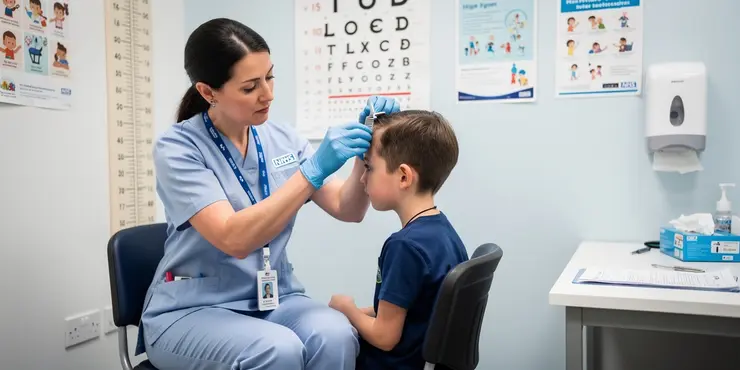
Where can nits be found?
Relevance: 13%
-
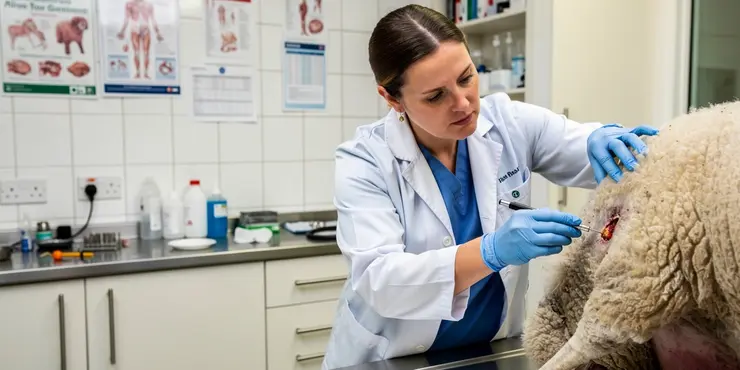
What are Screw Worms parasites?
Relevance: 13%
-
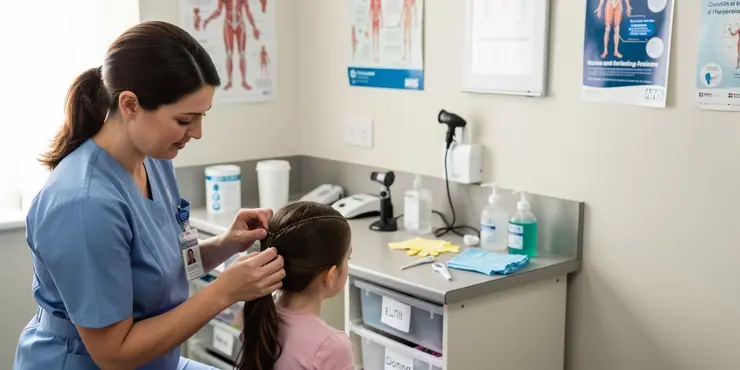
Are nits contagious?
Relevance: 13%
-

Are there any natural predators of screw worms?
Relevance: 13%
-

Are nits and head lice the same thing?
Relevance: 13%
-

Can IVF be used for gender selection?
Relevance: 12%
-

Is it possible to exhumate interred ashes?
Relevance: 12%
-

What foods can trigger nettle rash?
Relevance: 12%
What is Egg Retrieval?
Egg retrieval is a crucial step in the process of in vitro fertilisation (IVF), a common assisted reproductive technology used to help individuals or couples conceive a child. This procedure involves the collection of eggs from a woman's ovaries. It's essential for individuals undergoing IVF to understand the intricacies of this procedure, especially since it plays a significant role in the treatment's overall success.
The Process of Egg Retrieval
Egg retrieval typically follows a sequence of preparatory steps. First, a woman undergoes ovarian stimulation with fertility medications. These medications encourage the ovaries to produce more mature eggs than the single egg usually released during a typical menstrual cycle. Various hormone injections are administered over a span of approximately 10 to 14 days.
After confirming the maturity of the eggs through ultrasound scans and blood tests, a final injection of human chorionic gonadotropin (hCG) is given about 36 hours before the egg retrieval procedure. The hCG triggers final maturation of the eggs and initiates the ovulation process.
The actual egg retrieval, also known as follicular aspiration, is usually a short outpatient procedure performed under sedation or anaesthesia. Using ultrasound guidance, a thin needle is passed through the vaginal wall into each ovary to collect the eggs. The procedure generally lasts between 20 to 30 minutes, with minimal discomfort due to sedation.
What Happens After Egg Retrieval?
Post-procedure, the retrieved eggs are examined by embryologists in a laboratory. Mature eggs are then fertilised with sperm from a partner or donor, either through conventional insemination or via intracytoplasmic sperm injection (ICSI), where a single sperm is injected directly into an egg.
Patients might experience some side effects such as mild cramping, spotting, or a feeling of fullness for a short duration following the procedure. It's recommended that women take it easy for the rest of the day, avoiding strenuous activities.
Success Rates and Considerations
The success rates of egg retrieval and subsequent fertilisation depend on various factors, including a woman's age, the cause of infertility, and the number and quality of eggs retrieved. Generally, younger women tend to have higher success rates due to the typically better quality of eggs.
Patients should also be aware of the potential risks, such as ovarian hyperstimulation syndrome (OHSS), which can occur when the ovaries are overstimulated. Fortunately, fertility specialists strive to minimise such risks through careful monitoring and personalised treatment plans.
Conclusion
Egg retrieval is an integral part of the IVF process and requires expert medical intervention. Though the procedure is straightforward and minimally invasive, it plays a pivotal role in assisted reproductive technology. Understanding this process allows patients to approach their treatment plans with realistic expectations and well-informed decisions.
What is Egg Retrieval?
Egg retrieval is an important step in IVF. IVF helps people have a baby. This step collects eggs from a woman's body. It is important to know how this works because it helps make IVF successful.
The Process of Egg Retrieval
Before getting the eggs, a woman takes special medicine. This medicine makes the body produce more eggs than usual. The woman will take these medicines for about 10 to 14 days. The doctors will check the eggs using scans and blood tests.
Then, a final medicine is given before taking out the eggs. This medicine helps the eggs get ready. The egg retrieval is done at the hospital. The woman will get medicine to help her relax or sleep. The doctor uses a thin needle to take the eggs out. This takes about 20 to 30 minutes. It does not hurt much because of the relaxing medicine.
What Happens After Egg Retrieval?
After the eggs are taken, they go to a lab. Experts look at them carefully. The eggs are mixed with sperm from a partner or donor to try to make embryos. This can happen by putting sperm with eggs or injecting one sperm into each egg.
After the procedure, a woman may feel some cramping or see a little blood. She might feel full. It is important to rest and not do hard activities for the rest of the day.
Success Rates and Considerations
How well retrieval and fertilization work depends on many things, like a woman's age and the health of the eggs. Younger women generally have better results.
There are some risks involved. Too much medicine can make the ovaries swell. Doctors try very hard to avoid this by watching and creating a special plan for each person.
Conclusion
Egg retrieval is a key part of IVF and needs trained doctors. It is a simple process, but very important for having a baby with IVF. Knowing about it helps people make good choices about their treatment.
Frequently Asked Questions
Useful Links
This website offers general information and is not a substitute for professional advice.
Always seek guidance from qualified professionals.
If you have any medical concerns or need urgent help, contact a healthcare professional or emergency services immediately.
Some of this content was generated with AI assistance. We’ve done our best to keep it accurate, helpful, and human-friendly.
- Ergsy carfully checks the information in the videos we provide here.
- Videos shown by Youtube after a video has completed, have NOT been reviewed by ERGSY.
- To view, click the arrow in centre of video.
- Most of the videos you find here will have subtitles and/or closed captions available.
- You may need to turn these on, and choose your preferred language.
- Go to the video you'd like to watch.
- If closed captions (CC) are available, settings will be visible on the bottom right of the video player.
- To turn on Captions, click settings .
- To turn off Captions, click settings again.
More Items From Ergsy search
-

What is egg retrieval?
Relevance: 100%
-

Can IVF be done with donor eggs or sperm?
Relevance: 65%
-

Does IVF require anesthesia?
Relevance: 50%
-

What if I have an egg allergy, can I still get the flu vaccine?
Relevance: 47%
-

How long does an IVF cycle take?
Relevance: 46%
-

What are the main steps in an IVF cycle?
Relevance: 45%
-

What is IVF and how does it work?
Relevance: 44%
-

How does IVF work?
Relevance: 42%
-

What should I expect during IVF treatment?
Relevance: 41%
-

How is the sperm used in IVF?
Relevance: 35%
-

What is the role of the embryologist in IVF?
Relevance: 34%
-

Are there risks associated with IVF?
Relevance: 32%
-

Infertility - IVF Treatment and Patient Information
Relevance: 30%
-

IVF Fertility Treatment from MumsNet
Relevance: 30%
-

What is IVF?
Relevance: 29%
-

What should I do if I lost my receipt number?
Relevance: 25%
-

How are embryos transferred during IVF?
Relevance: 22%
-

Who might need IVF?
Relevance: 21%
-

How do screw worms reproduce?
Relevance: 20%
-

Is IVF successful?
Relevance: 19%
-

How can I tell if homemade baby food is safe?
Relevance: 15%
-

Can nits hatch into lice?
Relevance: 15%
-

Does IVF guarantee pregnancy?
Relevance: 14%
-

How long does it take for nits to hatch?
Relevance: 14%
-

What are the reasons for female infertility?
Relevance: 14%
-

How do screw worms infest their hosts?
Relevance: 14%
-

What are head lice?
Relevance: 14%
-

What do nits look like?
Relevance: 14%
-

Female infertility explained
Relevance: 14%
-

Do nits live off the scalp?
Relevance: 13%
-

Can nits survive on furniture or clothing?
Relevance: 13%
-

Fertility treatments on the up, but not via the NHS
Relevance: 13%
-

Where can nits be found?
Relevance: 13%
-

What are Screw Worms parasites?
Relevance: 13%
-

Are nits contagious?
Relevance: 13%
-

Are there any natural predators of screw worms?
Relevance: 13%
-

Are nits and head lice the same thing?
Relevance: 13%
-

Can IVF be used for gender selection?
Relevance: 12%
-

Is it possible to exhumate interred ashes?
Relevance: 12%
-

What foods can trigger nettle rash?
Relevance: 12%


